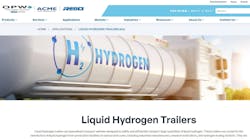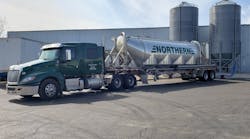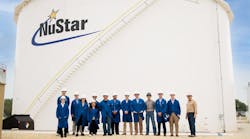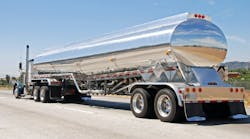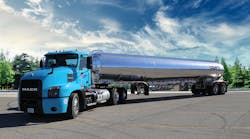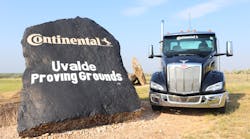Katz, Sapper & Miller (KSM) and McLeod Software (McLeod) released key findings from their second annual trucking operations benchmarking survey. The study shows that larger carriers are market leaders in rates, driver retention, and revenue.
"The results from this year's survey indicate that large carriers are leading the field in terms of rate per mile, long-term driver retention and revenue per driver," said Tim Almack, partner-in-charge of KSM's Transportation Services Group. "By analyzing the correlations between carrier size and certain performance metrics, our findings provide clues on how the large carriers are mastering the game."
This year's study was based on data covering 215 data elements from the 2014 calendar year. Participating carriers ran a total of more than 63,000 trucks. Of this truck total, 85% were company assets, with 15% owner-operator assets. Grouped together, these carriers ran close to 5.3 billion miles and generated more than $11.9 billion in total revenue.
Additional metrics examined within the survey included trailer-to-truck ratio, length of haul, customer diversification, lane mix, and equipment age. The analysis was refined by sorting data with respect to carrier size and fleet type.
Select findings reveal:
Large carriers have the highest rate per mile (RPM), despite also having the longest length of haul (LOH). Large carriers posted a RPM of $2.28, compared to $2.00 for medium carriers and $1.96 for small carriers. The average LOH was 600 miles for large carriers, 506 miles for medium carriers and 388 miles for small carriers.
Large carriers are doing a better job of retaining drivers after the first year. Large carriers have more driver turnover overall, but after the first 12 months they retain more of their drivers than both medium and small carriers.
Large carriers (more than 500 trucks) are getting the highest revenue per driver. Large carriers in the study averaged $235,605 per driver, while for medium (101–500 trucks) and small (100 trucks or less) carriers, the figures were $223,075 and $211,395 respectively.

